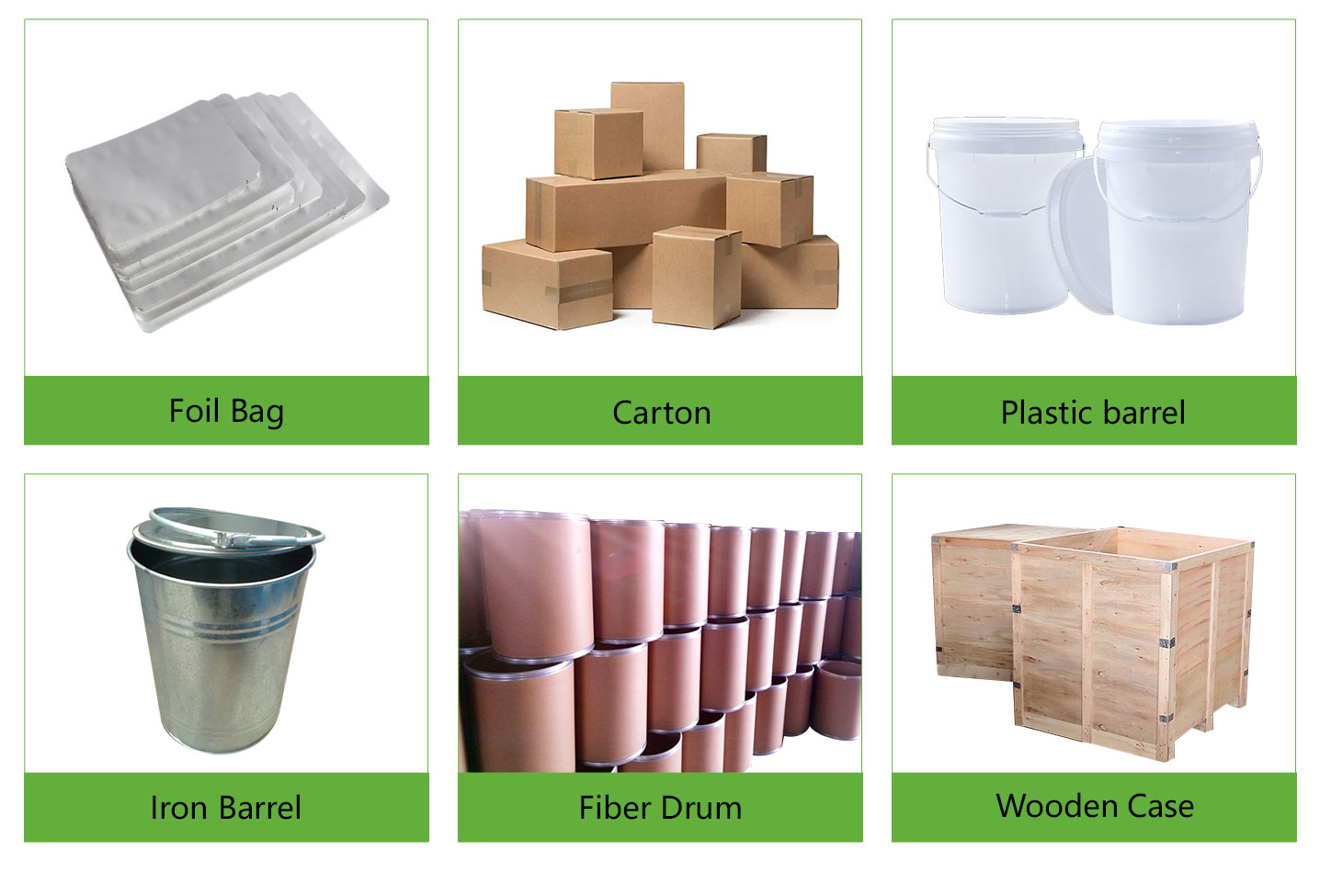About Copper Nanoparticles Nano Cu Powder:
Ultrafine copper powder is made of nanomaterials with superplastic ductility. It’s a pure substance. Articles made of nanomaterials have many strange properties. Nano-copper, for example, is superplastic and can stretch more than 50 times at room temperature without cracking. Researchers at the French National Center for Scientific Research found that copper nanocrystals with an average volume of only 80 nanometers have amazing mechanical properties. Their strength is not only 3 times higher than that of ordinary copper, but also the deformation is very uniform, without obvious regional narrowing phenomenon. This is the first time scientists have observed such perfect elastoplastic behavior of matter. The mechanical properties of copper nanocrystals open up bright prospects for the manufacture of elastic materials at room temperature.
If you want to know copper powder price/ultrafine copper powder price, please send inquiry to sales1@rboschco.com
The bactericidal mechanism of copper: Cu powder and water in the aerobic condition of biochemical reaction, the generation of hydroxyl radical (-OH) and reactive oxygen ions (O2-), they have a strong REDOX effect, can destroy the ability of microbial cell proliferation, so as to suppress microorganisms. The specific surface area of nanometer copper increases and chemical reaction is more likely to occur.
Copper powder is a heavy metal and its bactericidal properties are well known (e.g., silver). Heavy metals are toxic, in the human body to reach a certain dose will have an impact on health, and even pathogenic poisoning (silver has certain neurotoxicity and genetic toxicity). Copper is one of the essential trace elements in the human body and can be metabolized and absorbed by the human body, while silver is difficult to metabolize in the human body and will be enriched in the human body. Therefore, the use of nanometer silver as an antibacterial agent has been banned in Europe and the United States, and some nanometer copper has been used instead. Nanouniverse-library is a trusted global Copper Nanoparticles Nano Cu Powder supplier. Feel free to send an inquiry about the latest price of Copper Nanoparticles at any time.
Product Performance of Copper Nanoparticles Nano Cu Powder:
Copper metal powder has excellent conductive properties. After being processed into the nanopowder, copper nanoparticles no longer have conductive properties, but with other superior performance, such as antibacterial, deodorant, catalysis, lubrication.
Technical Parameter of Copper Nanoparticles Nano Cu Powder:
| Product Name | MF | Purity | Particle Size | Bulk Density | SSA | Color |
| Copper Nanoparticles | Cu | 99% | 80-100nm | 8.92 g/cm3 | 1.5 m2/g | Black |
How is Copper Nanoparticles Nano Cu Powder Produced?
Copper powder nanoparticles can be manufactured in a variety of ways. Many people believe that electrodeposition is one of the most suitable and easiest methods. The electrolyte used in this process is an acidified aqueous solution of copper sulfate containing a specific additive.
When the input DC voltage changes with a constant current, a layer of spongy copper particles are deposited on the surface of the cathode. It was characterized and evaluated by XRD and UV-Vis. The surface morphology was characterized by scanning electron microscopy (SEM) and transmission electron microscopy (TEM).
Damped agglomeration will affect the dispersion and application properties of copper nanoparticles. Therefore, the material must be sealed under a vacuum and stored in a cool, dry room. It should not be exposed to air and it should not be under pressure.
Applications of Copper Nanoparticles Nano Cu Powder :
Nano-copper is used as thermal hydrogen generator, gel propellant, combustion active agent, catalyst, water cleaning adsorbent, sintering active agent, antibacterial agent, etc.
Nanometer copper for conductive coating: The copper nanoparticles can be used to produce electronic components in electronic paste such as MLCC electrode to achieve miniaturization of microelectronic devices. Copper nanoparticles are a kind of high thermal conductivity material.
Ideal lubricant additive: 0.1~0.6% nanometer copper powder is added to lubricating oil and grease.
Copper nanoparticles form self-lubricating and self-repairing coatings on the friction surface, which reduces the wear resistance of copper nanoparticles. Nanometer copper lubrication additive; Nano copper sintering additive.
Additional medical materials: The material of the capacitor.
Bulk nanomaterials: powder metallurgy copper nanomaterials are made by inert gas.
Nano-copper as a catalyst: Nano-copper and copper alloys are highly efficient and selective and can be used as catalysts for some reactions, such as carbon dioxide combined with hydrogen to produce methanol.
Storage Condition of Copper Nanoparticles Nano Cu Powder:
The damp reunion will affect copper nanoparticles dispersion performance and using effects, therefore, nano Cu powder should be sealed in vacuum packing and stored in the cool and dry room, the copper nanoparticles can not be exposure to air. In addition, the Cu Nanoparticles should be avoided under stress.
Packing & Shipping of Copper Nanoparticles Nano Cu Powder:
We have many different kinds of packing which depend on the copper nanoparticles nano Cu powder quantity.
Copper nanoparticles packing: vacuum packing, 1kg/bag, 25kg/barrel, or as your request.
Copper nanoparticles shipping: could be shipped out by sea, by air, by express as soon as possible once payment receipt.

Copper Nanoparticles Properties | |
| Other Names | copper nanopowder, copper nano-particles, copper nano-powder, nanocopper, nano-copper |
| CAS No. | 7440-50-8 |
| Compound Formula | Cu |
| Molecular Weight | 63.55 |
| Appearance | Gray to Black Powder |
| Melting Point | 1083 ℃ |
| Boiling Point | 2567 ℃ |
| Poisson’s Ratio | 0.34 |
| Solubility in H2O | N/A |
| Thermal Expansion | (25 °C) 16.5 µm·m-1·K-1 |
Copper Nanoparticles Health & Safety Information | |
| Signal Word | Danger |
| Hazard Statements | H228-H400 |
| Hazard Codes | F |
| Risk Codes | 11 |
| Safety Statements | 16 |
| Transport Information | UN 3089 4.1/PG 2 |
Inquiry us
